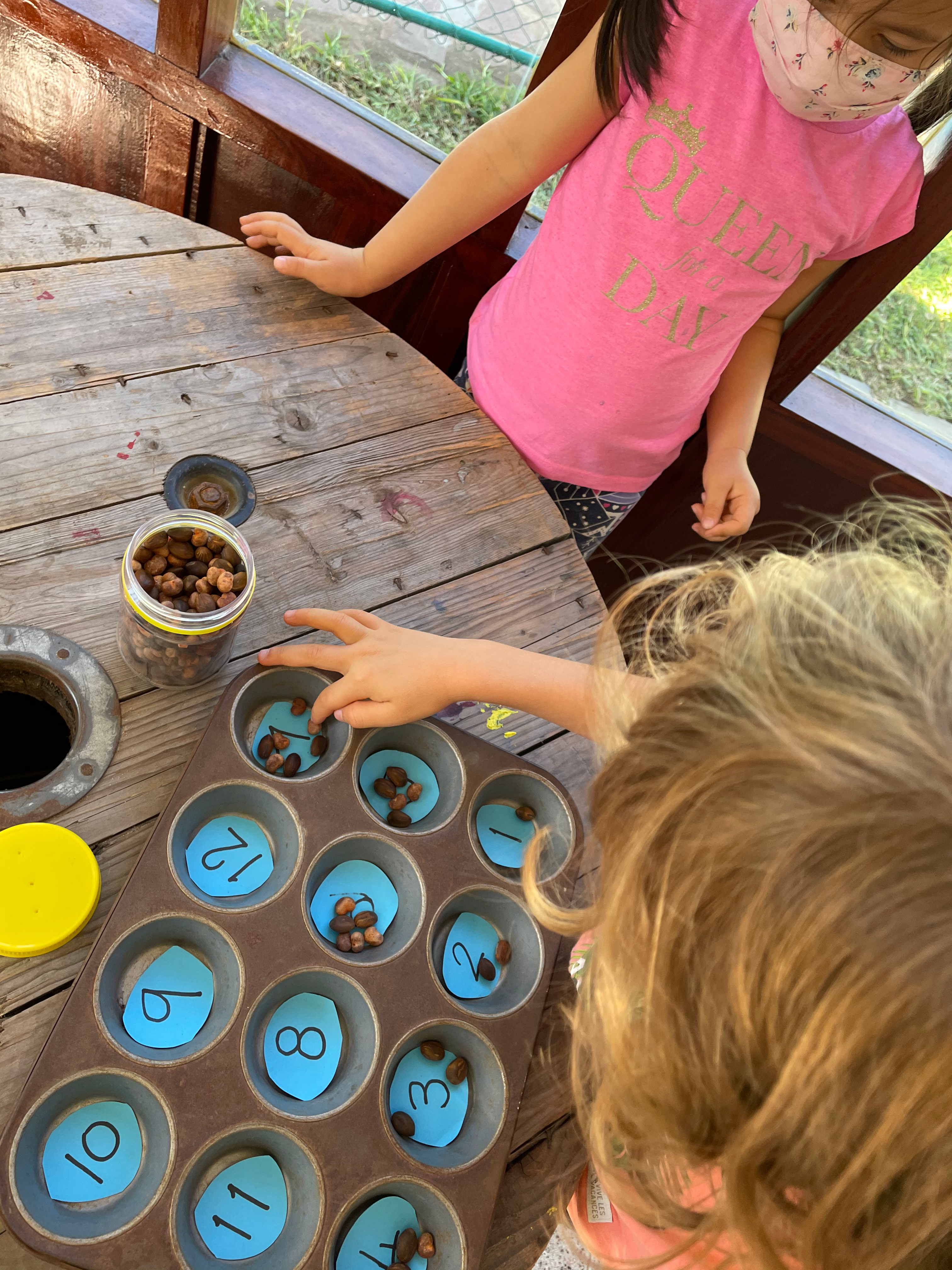JCM's View of the Child
- JCM schools

- May 12, 2022
- 2 min read
No matter the child.......
Our image of the child is integral to our approach at JCM.
It refers to the way teachers and educators think about children and what they believe about them. This impacts the way in which they react and engage with children.
It is our strong belief that there is much more to education and learning than simply the transmission of knowledge
At JCM, the child is believed to be strong, competent, full of resources and the constructor and co-constructor of their own knowledge and understanding.
We reject the view that children are weak, incomplete, unskilled, passive or fragile. We believe that all children, no matter their age or background are rich in potential. Strong, powerful and competent, prepared and ready to learn. Interested in building relationships, and communicating. That they are capable of using their 100 languages to communicate to and with each other.
They are also seen as having rights including the right to develop their potential and to take an active role in their own learning. The role of apprentices and researchers who question, explore, observe, hypothesize and discuss their work in order to clarify their own understandings.
Following this core belief of the child is one of the most challenging to adopt even for adults who agree in principle, because many modern cultures tend to treat children as beings who are not competent to develop their own understandings or to fragile to explore important topics who must constantly be told what to think and protected from their own impulses.
We maintain an “education” program that views children as rich in potential and competent and ready to learn. We allow them to take risks in their learning, to experiment and provide a safe environment for them to take these risks.
We spend a great deal of time listening to and observing the children, rather than talking to them and instructing them. We choose to question them and pose questions to them rather than give answers. Encouraging them to form their own understanding and connections to prior experiences.
We have implicit trust in the child to do what they need to do in their learning journey at their own pace. Over and above we respect the child. Everything is done with consent and care.
.png)















Comments